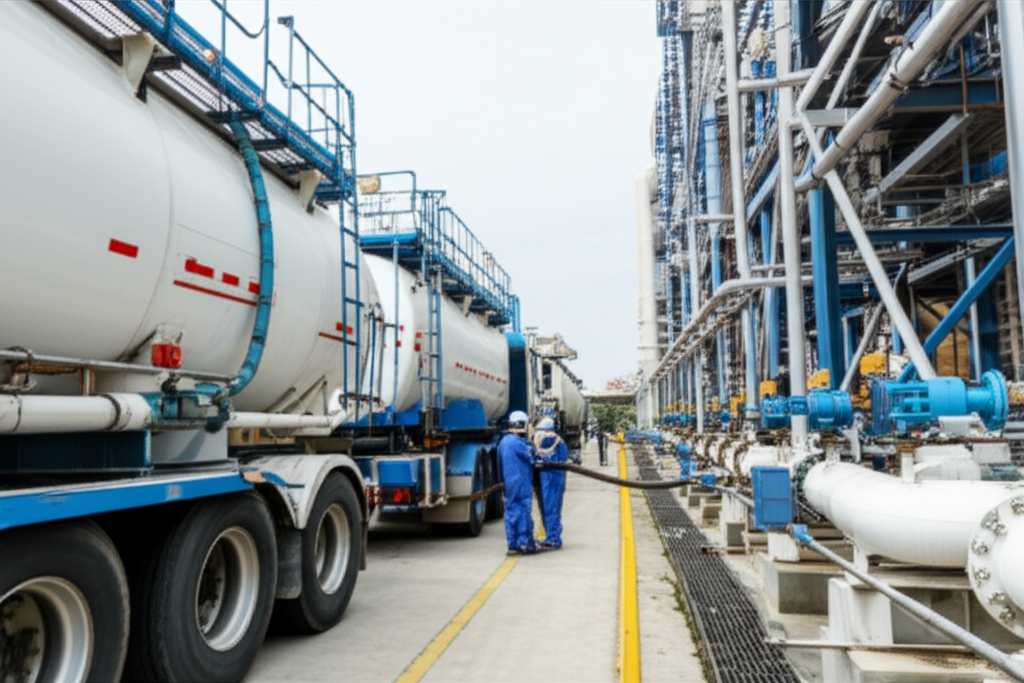Sodium ferrocyanide, scientifically known as tetrasodium hexacyanoferrate(II) and commonly referred to as Yellow Prussiate of Soda (YPS), is a pale yellow crystalline solid that plays a surprisingly significant role across various industries. Despite its name, which might initially evoke concerns due to the presence of 'cyanide,' it is crucial to understand that the cyanide ligands in sodium ferrocyanide are tightly bound to an iron atom, making the compound remarkably stable and of very low toxicity.

This inorganic compound is highly soluble in water but insoluble in alcohol, presenting as odorless crystals. Its distinctive pale yellow color is characteristic of the ferrocyanide anion itself. The compound typically exists in a hydrous form, specifically as sodium ferrocyanide decahydrate (Na4Fe(CN)6·10H2O), which further contributes to its stability and safety profile.
One of the most widespread applications of sodium ferrocyanide is as an anticaking agent in the food industry. Designated as E535 in the European Union, it is primarily added to salt and salt substitutes to prevent the formation of clumps, ensuring that these products remain free-flowing and easy to dispense. This function is vital for both consumer convenience and industrial processing, guaranteeing consistent product quality and efficient packaging. Beyond salt, it can also be found in certain seasonings and condiments for the same purpose.
Its utility extends far beyond food. In the petroleum industry, sodium ferrocyanide is employed for the removal of mercaptans, which are sulfur-containing compounds that can cause unpleasant odors and corrosion. This application helps to refine petroleum products, improving their quality and safety. Furthermore, it serves as a crucial stabilizer for the coatings on welding rods, enhancing their performance and durability. Another notable use is its role as a precursor in the production of Prussian blue, a deep blue pigment widely used in paints, inks, and certain medical applications, formed when sodium ferrocyanide reacts with iron(III) salts.
Regarding safety, extensive research and regulatory evaluations have consistently confirmed the low toxicity of sodium ferrocyanide when used at approved levels. Regulatory bodies such as the European Food Safety Authority (EFSA) and the Joint FAO/WHO Expert Committee on Food Additives (JECFA) have conducted thorough assessments, concluding that ferrocyanides pose no safety concern at the concentrations at which they are authorized for use in food. The key reason for its safety lies in the strong chemical bonding of the cyanide group, which prevents the release of free cyanide ions under normal conditions of use and digestion. While strong acids or exposure to UV light can theoretically lead to the production of hydrogen cyanide gas, this is typically relevant only in laboratory or industrial settings involving pure substances, not in the context of food consumption.
The versatility and efficacy of sodium ferrocyanide make it an indispensable chemical in numerous industrial sectors. Its ability to prevent caking, purify substances, and act as a crucial precursor for other valuable compounds underscores its importance in modern manufacturing. For industries seeking a reliable supplier and manufacturer of this essential chemical, understanding the product's specifications and the integrity of the supply chain is paramount. When considering the price and availability, it is advisable to engage with established chemical producers to ensure high-quality and consistent supply. To buy or purchase this compound, detailed product information and technical support are often available from reputable providers, facilitating informed decisions for diverse industrial needs.
Manufacturing Facilities






Professional Export Experience
to Global Customers

1. 20 years of R&D, manufacturing and sales experience, serving customers in 60 countries and regions around the world;
2. Own R&D laboratory, pilot platform and large-scale production workshop, which can meet the audit requirements of global customers;
3. We can satisfy customers' perfect transition from small scale lab requirements (gram level) to commercialization requirements (hundred tons level).
A: We don't have Minimum Order Quantity, exact quantity should be provided before quotation for us to calculate the exact cost.
A: We don't provide free samples due to lots of request and expensive international courier's cost, we can deduct the sample charge after commercial order placed.
A: Our payment terms: Small or sample order: T/T IN ADVANCE. Commercial order: First order should be by T/T IN ADVANCE or L/C at sight, and following orders T/T 30~90days is acceptable subject to approval of credit application.